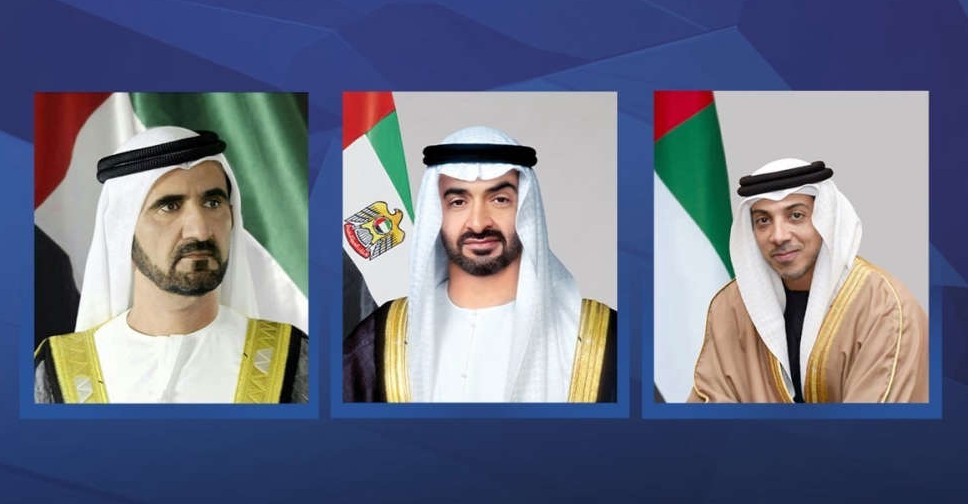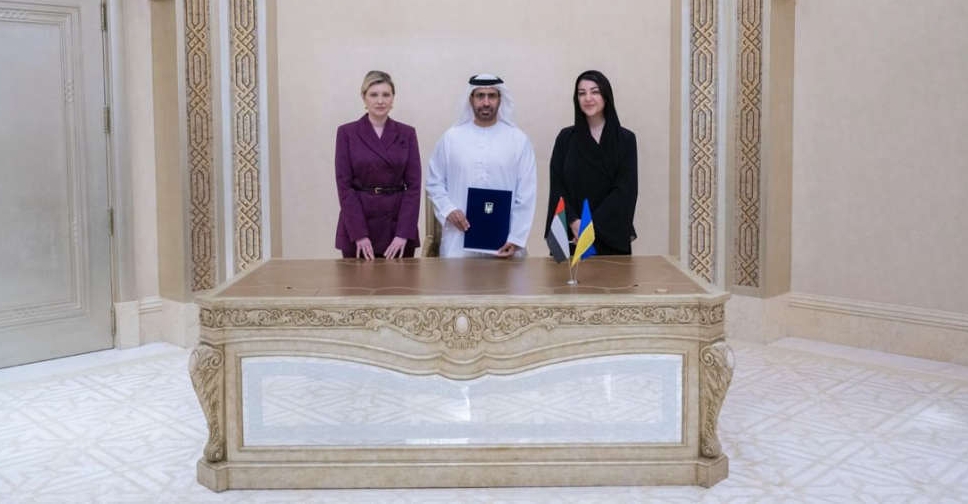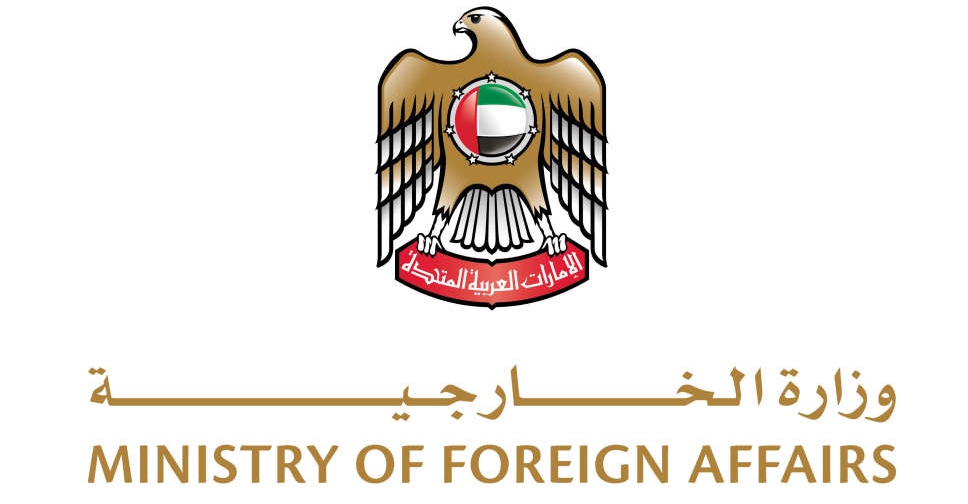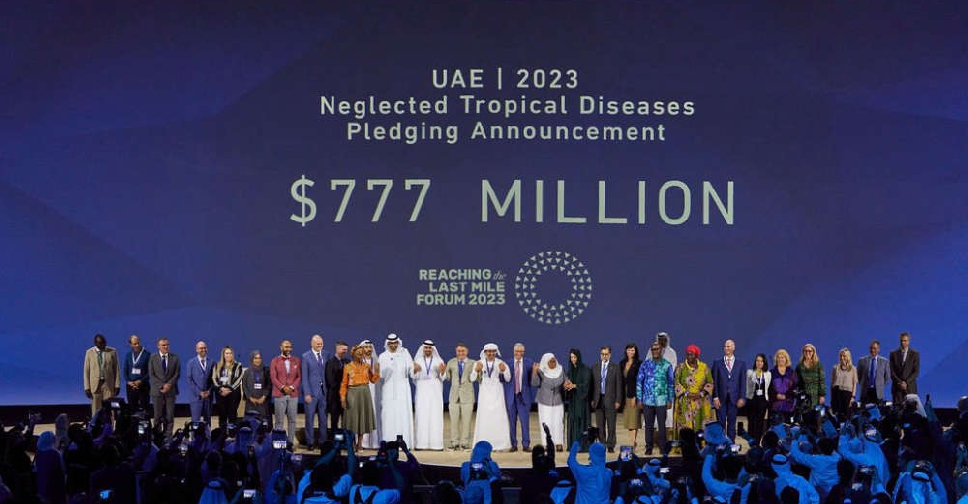
Global donors pledged a collective $777.2 million at the 2023 Reaching the Last Mile Forum at COP28 on Sunday to help control, eliminate, and eradicate neglected tropical diseases (NTDs).
The forum took place on the first-ever Health Day of COP28, and was a landmark push to accelerate progress towards achieving the goals outlined in the World Health Organization’s 2030 roadmap on NTDs.
Uniting efforts with NTD-endemic countries, donors answered the urgent call to step up the fight against NTDs in the face of climate change, and to work together to improve the lives of the 1.6 billion people worldwide affected by these devastating yet preventable diseases.
The pledging event was hosted by Reaching the Last Mile (RLM), the global health initiative driven by the philanthropy of President His Highness Sheikh Mohamed bin Zayed Al Nahyan in partnership with the Bill Melinda Gates Foundation.
As a founding partner of the fund, it committed $100 million towards its expansion.
The UAE is committing $100 million to the expansion of the Reaching the Last Mile fund to support all 39 countries in Africa that are endemic to river blindness and lymphatic filariasis, as well as the nation of Yemen.
— COP28 UAE (@COP28_UAE) December 3, 2023
This commitment represents an ambitious vision for an Africa… pic.twitter.com/cw15K63YNU
Sheikh Abdullah bin Zayed Al Nahyan, UAE Minister of Foreign Affairs, was joined by world leaders including Samia Suluhu Hassan, President of Tanzania; and Dr. Austin Demby, Minister of Health and Sanitation, Sierra Leone, in a demonstration of endemic country leadership against NTDs.
Bill Gates, Co-Chair of the Bill Melinda Gates Foundation, and Sheikh Theyab bin Mohamed bin Zayed Al Nahyan, Chairman of the Office of Development and Martyrs Families Affairs at the Presidential Court, which oversees Reaching the Last Mile, were also in attendance, alongside ministers and global health leaders.
Sheikh Abdullah stated, “Today’s demonstration of global solidarity reflects a shared determination to deliver a better and more dignified future for all. Incredible progress over the last two decades has proved that a world free of NTDs is an achievable goal. We warmly thank governments, donors, and partners for standing with us as we strive to achieve it.”
Reaching the Last Mile joined with the Gates Foundation and global partners to announce a milestone expansion of the Reaching the Last Mile Fund (RLMF) from $100 million to $500 million. The expansion will increase the reach of the fund from seven countries to 39 across Africa and Yemen, with the audacious goal of eliminating two NTDs, lymphatic filariasis and onchocerciasis (river blindness), from the continent of Africa.
The funding builds on the pioneering success of the RLMF, which launched in 2017 as a 10-year, multi-donor fund, to establish a model for eliminating the two diseases in sub-Saharan Africa.
“Climate change is inextricably linked to poverty and diseases affecting millions,” said Bill Gates, Co-chair of the Bill Melinda Gates Foundation. “That is why funding for lifesaving healthcare is critical and why we’re joining global partners to build on the tremendous progress of the Reaching the Last Mile Fund to date and accelerate the elimination of LF and river blindness across Africa and beyond.”
He additionally thanked Sheikh Mohamed and the people of the UAE for hosting the successful conference and for the country's commitment to polio eradication.
“I thank His Highness Sheikh Mohamed bin Zayed Al Nahyan, President of the UAE, and the people of the UAE for hosting us. You’ve done a fantastic job, and for the partnership we’ve had on global health over many years.” - @BillGates, at the Reaching the Last Mile Forum at COP28.… pic.twitter.com/yUdys4Klro
— COP28 UAE (@COP28_UAE) December 3, 2023
Reaching the Last Mile’s new $100 million commitment, matching the Gates Foundation’s $100 million commitment, represents a five-fold increase over the contributions made, respectively, to the fund at its launch.
Further contributions from country and donor partners including Sierra Leone, the Carter Center, Sightsavers, the Children’s Investment Foundation Fund (CIFF), The Helmsley Charitable Trust, the END Fund, and Abu Dhabi National Insurance Company will see RLMF significantly broaden its scope, to ensure over 350 million people no longer require treatment for these diseases by 2030.
Julius Maada Bio, President of Sierra Leone, said, “There is clarity of vision as well as growing demand and energy in Africa to see the continent free of NTDs. Political commitment has been sustained and energised through the Kigali Declaration, and through the Continental Framework and Common Africa Position on NTDs, which Sierra Leone is proud to have endorsed.”
Samia Suluhu Hassan, President of Tanzania, added, "While gaps in global funding for NTDs remain, this initiative signifies a crucial step forward in enhancing the health and quality of life not just for Tanzanians, but for all who live on the African continent."
The wider pledging moment saw new, multimillion-dollar commitments made by organisations including the Anesvad Foundation, CIFF, USAID, Global Health EDCTP3, UBS Optimus Foundation, NALA Foundation, Evidence Action, Helen Keller Intl, and the Fred Hollows Foundation, in addition to the governments of Germany and Belgium.
These pledges will help close the funding gap needed to expedite progress towards the WHO roadmap targets which call for at least 100 countries to have eliminated at least one NTD by 2030, and to reduce by 90 per cent the number of people requiring treatment for NTDs.
To date, 50 countries have eliminated at least one NTD and 600 million people no longer require treatment. Cases of some diseases that have plagued communities for centuries, such as Guinea worm disease and sleeping sickness, are at an all-time low.
However, climate change is affecting the reach and prevalence of infectious diseases like NTDs, threatening to erase elimination gains and stall future progress.
The commitments will help finance essential programs and treatments, support new research and innovations, and strengthen frontline health systems and workforces, among other investments.

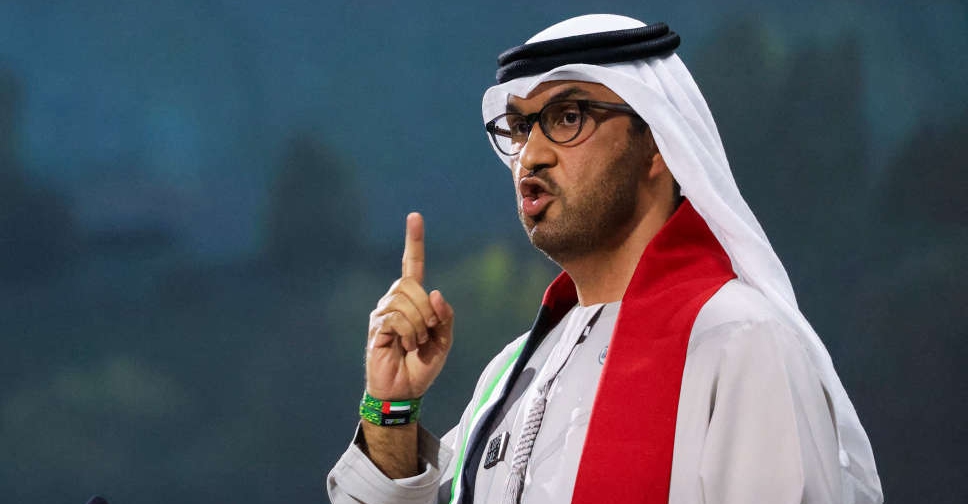 COP28: 117 countries agree to triple renewable energy, to push out fossil fuels
COP28: 117 countries agree to triple renewable energy, to push out fossil fuels
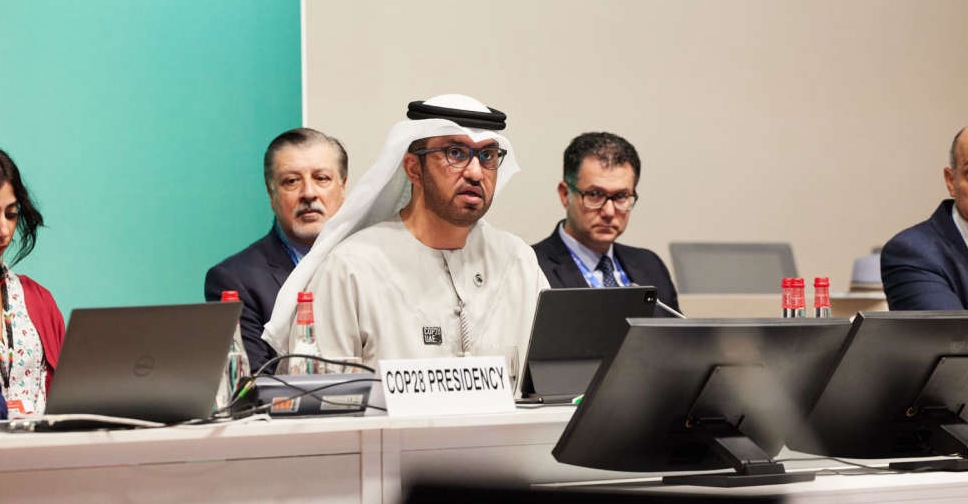 50 oil and gas companies commit to decarbonisation at COP28
50 oil and gas companies commit to decarbonisation at COP28
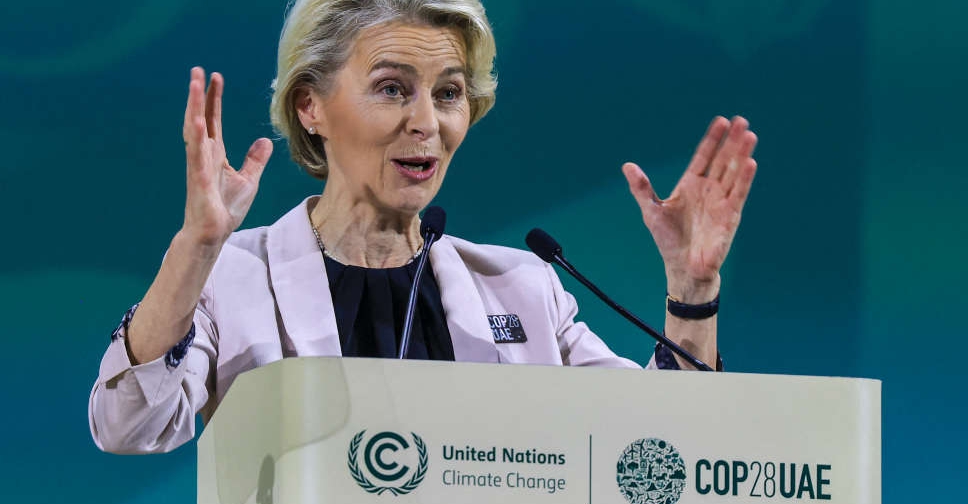 Over 120 countries back COP28 UAE Climate and Health Declaration
Over 120 countries back COP28 UAE Climate and Health Declaration
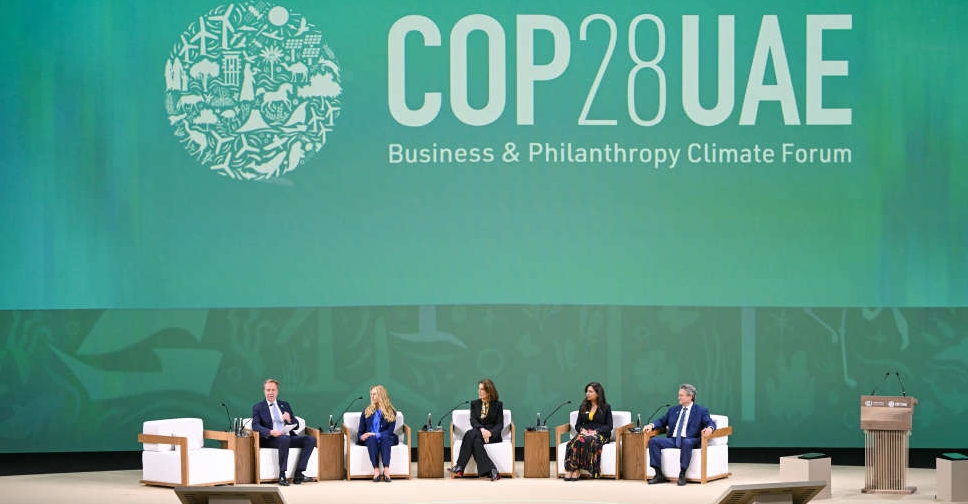 On COP28 sidelines, philanthropies pledge $5 billion for climate action
On COP28 sidelines, philanthropies pledge $5 billion for climate action
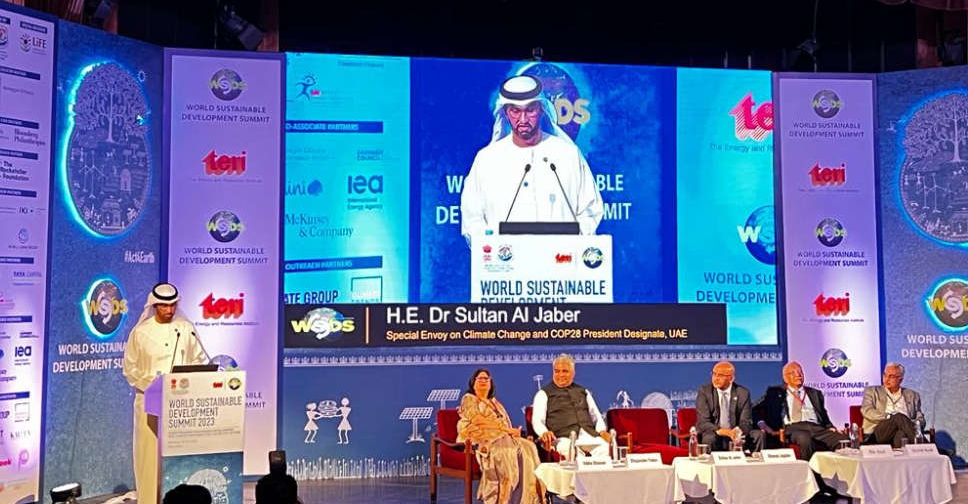 COP28 President-Designate says Paris Agreement goal of 1.5°C is 'non-negotiable'
COP28 President-Designate says Paris Agreement goal of 1.5°C is 'non-negotiable'
